Need advice on replacement gas boiler
rugcutter284
16 years ago
Related Stories
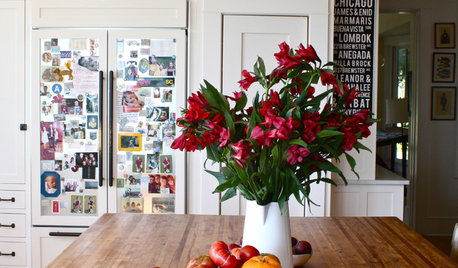
DECORATING GUIDES10 Design Tips Learned From the Worst Advice Ever
If these Houzzers’ tales don’t bolster the courage of your design convictions, nothing will
Full Story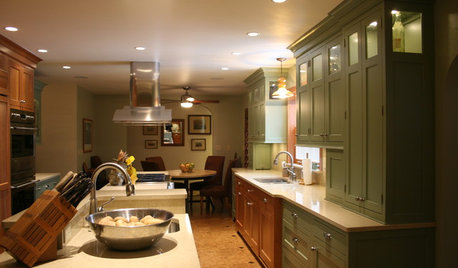
KITCHEN DESIGNSmart Investments in Kitchen Cabinetry — a Realtor's Advice
Get expert info on what cabinet features are worth the money, for both you and potential buyers of your home
Full Story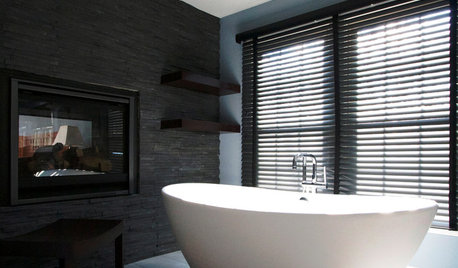
BATHROOM DESIGNDreaming of a Spa Tub at Home? Read This Pro Advice First
Before you float away on visions of jets and bubbles and the steamiest water around, consider these very real spa tub issues
Full Story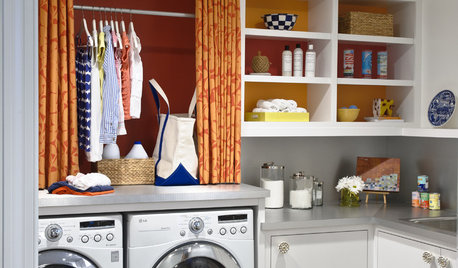
REMODELING GUIDESContractor Tips: Advice for Laundry Room Design
Thinking ahead when installing or moving a washer and dryer can prevent frustration and damage down the road
Full Story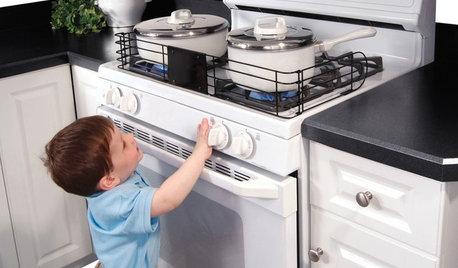
HEALTHY HOMEHow to Childproof Your Home: Expert Advice
Safety strategies, Part 1: Get the lowdown from the pros on which areas of the home need locks, lids, gates and more
Full Story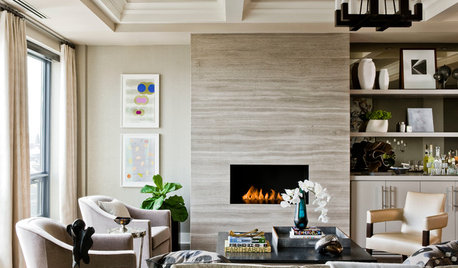
LIVING ROOMSHow to Convert Your Wood-Burning Fireplace
Learn about inserts and other options for switching your fireplace from wood to gas or electric
Full Story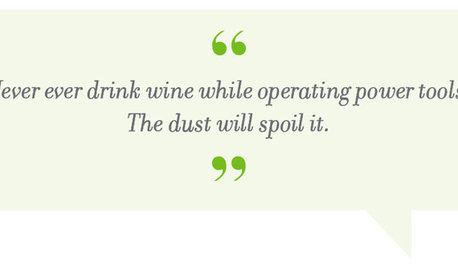
MOST POPULARSo You Say: 30 Design Mistakes You Should Never Make
Drop the paint can, step away from the brick and read this remodeling advice from people who’ve been there
Full Story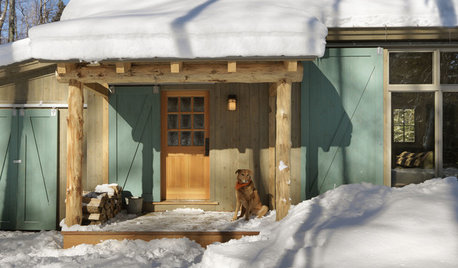
RUSTIC STYLE10 Cabin Rental Basics for City Slickers
Stay warm, dry and safe while you’re enjoying winter cabin life with this valuable advice
Full Story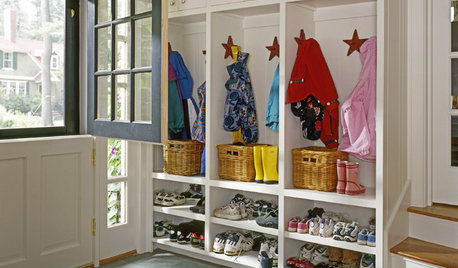
DECORATING GUIDES15 Home Ideas Fit for a Crowd
Spend less time corralling chaos and more time enjoying family togetherness with this advice from someone who's been there
Full Story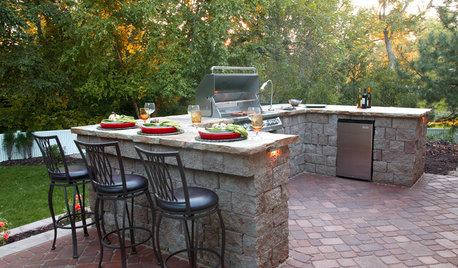
OUTDOOR KITCHENSYour Guide to Grills and More for Great Outdoor Cooking
Learn the pros and cons of gas versus charcoal grills, and about neat add-ons that let you do more
Full Story





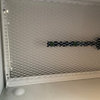

baldloonie
Brewbeer
Related Professionals
Alafaya Solar Energy Systems · Bridgeport Solar Energy Systems · Danville Solar Energy Systems · Half Moon Bay Solar Energy Systems · Laguna Woods Solar Energy Systems · Carlsbad Home Automation & Home Media · Hull Home Automation & Home Media · Jollyville Home Automation & Home Media · Lakeway Home Automation & Home Media · Newtown Square Home Automation & Home Media · Pasadena Home Automation & Home Media · Pittsburgh Home Automation & Home Media · Wellesley Home Automation & Home Media · Norridge Fireplaces · Romeoville FireplacesUser
dan_martyn
pkguy
rugcutter284Original Author
dan_martyn
rugcutter284Original Author
dan_martyn
Brewbeer
ahtheodor
rugcutter284Original Author
dan_martyn
User
aemeeich_
kgwlisa